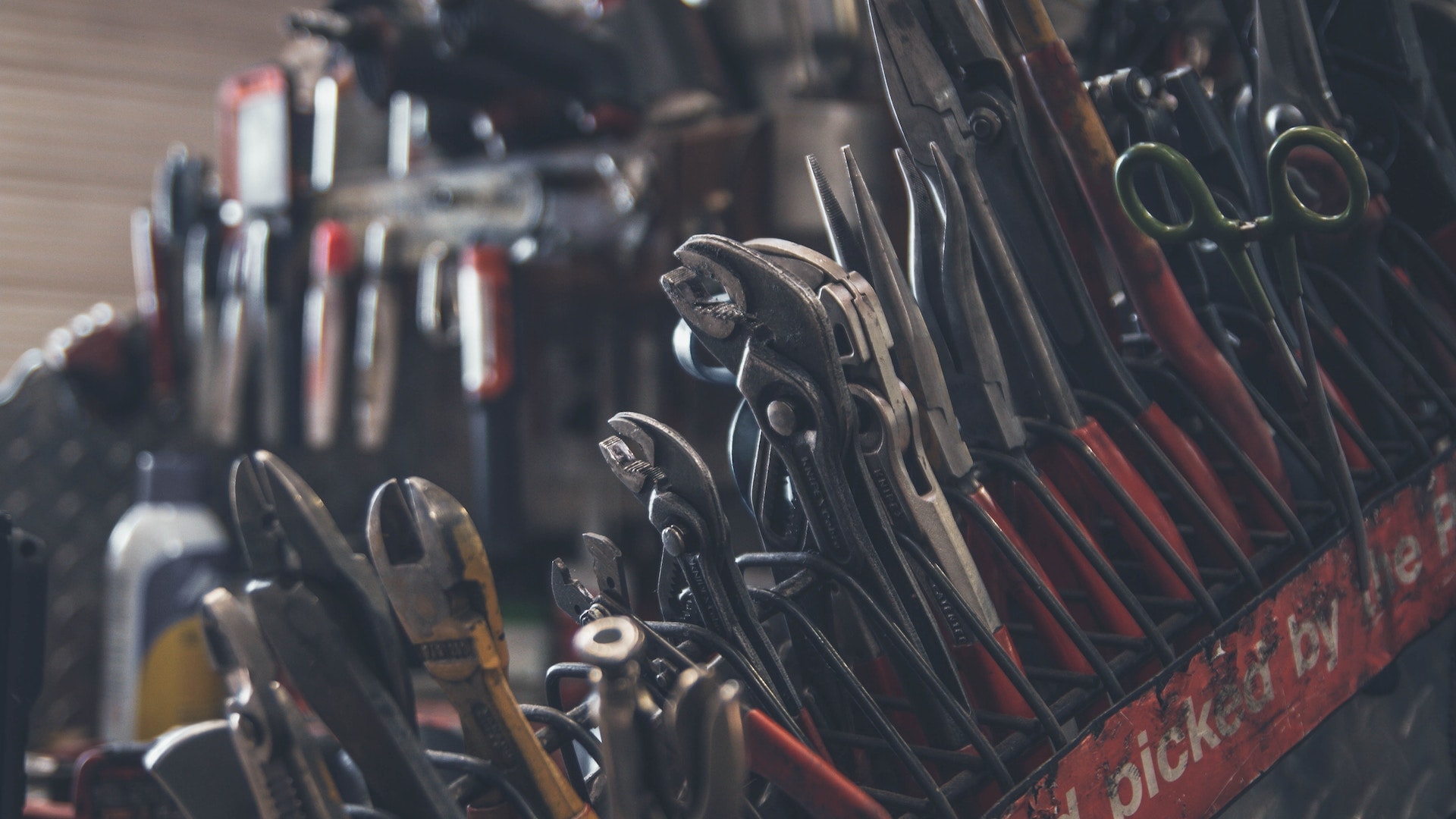I watched in fascination as the programmer wrote line after line of code, each word and each line forming part of an increasingly complex whole. His fingers were barely visible as they tapped out letter after letter and number after number. And then his work was done. With a smile and a flourish, he compiled the code and hit “play.” I marveled to see what he had created. And I thought “What a great keyboard! If only I had that same keyboard I could create a program as incredible as that!”
I gazed with rapt attention as the artist shaped his sculpture. With a shaping tool held deftly in his hand, he carved away large portions of the marble and then, as he progressed, carefully tapped out much smaller ones. Then he took his rasp and delicately smoothed and polished the surface. Bit by bit he worked at that block of marble until it began to reveal the wondrous figure that he had had the vision to know was hidden within. And I spoke it out loud: “I need that shaping tool! I need that rasp! Those tools are responsible for this sculpture. I need them for myself.”
I stared fixedly as the mechanic repaired the engine that had long since ceased to function. With wrench and ratchet and a number of tools I could not identify, he dismantled, then cleaned, then repaired, then reassembled. Finally, he sat in the driver’s seat, turned the key, and listened in satisfaction as the engine roared to life. And I cried, “Praise the tools! I need that wrench and I need that ratchet because then I, too, will be able to be an expert mechanic!”
None of this is true. And none of it is sane. It would be crazy to think that if only I had the right keyboard, the right rasp and shaping tool, the right wrench and ratchet then I would be able to create a game, shape a sculpture, or fix an engine. And it would be even more crazy to think that the creative or reparative genius resides in the tool instead of the one who wields it. It’s the programmer who deserves to be commended, not the keyboard; the sculptor who should have his name in the history books, not his implements; and the mechanic who should be applauded rather than the hardware he used.
And so it should be with us when it comes to preachers and preachers, to speakers and speaking, to writers and writing—tools he uses to accomplish his purposes. As I recently heard in a sermon, “We celebrate God, not the tool.” Or we are supposed to, anyway.
When we hear a sermon that stimulates our minds, we owe praise to God, not the preacher. When we hear a new song that provokes our hearts to worship, we ought to praise God long before the songwriter. When we receive the benefit of another person’s gifting we ought to express gratitude to God, not the one who merely made use of what God had generously bestowed upon him. We praise God, not the tool.
When we ourselves are the ones who have been used by God—when we have preached a sermon that has deeply affected those who heard it, when we have composed a song that moves hearts in worship and obedience, when we have written words that have stimulated others on to love and good deeds—our response should be “I am an undeserving servant; I have only done my duty.” It must be our desire to have them praise God, not the tool.
Of course, there will be times to encourage another person and express our gratitude to them, for God works through tools, not apart from them. And he most often works through tools that have submitted to his use and done their best to foster and strengthen it. But ultimately, it is always and ever God who deserves our praise, God who deserves our worship, God who deserves the honor. Always and ever we celebrate God far ahead of the tools he wields for our good and his glory.










